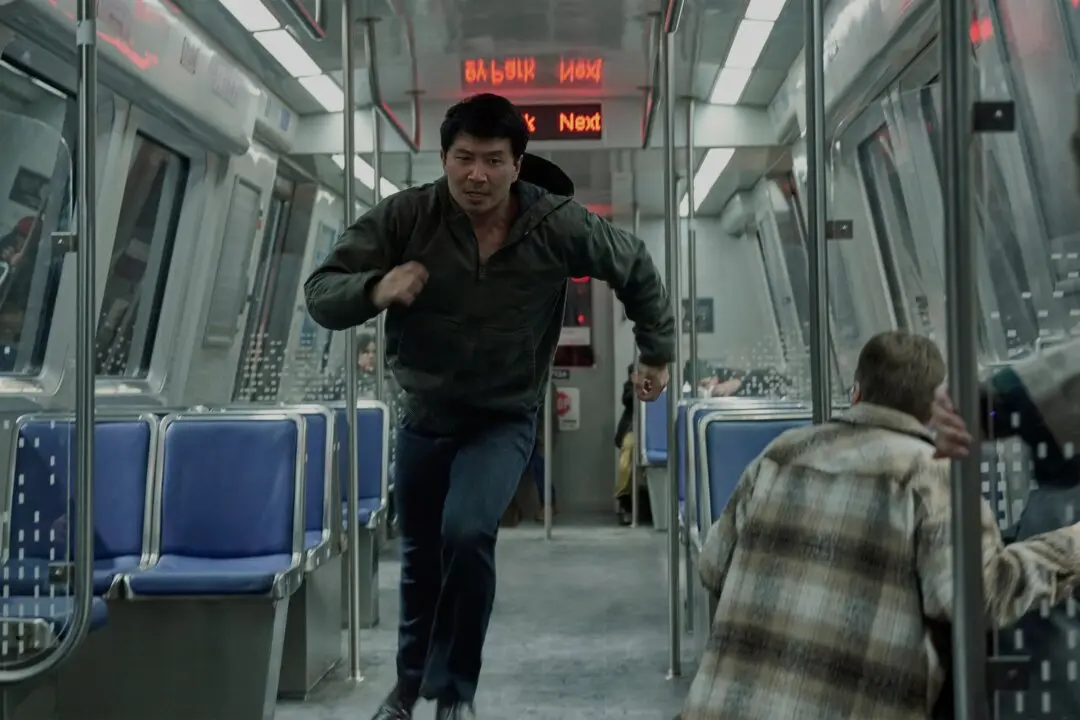NR | 2h 11min | Drama, Thriller | Dec. 2, 2022
From the 1960s through the 1980s, South Korea’s blistering economic growth made it one of the so-called “Four Asian Tigers.” They also evolved from an authoritarian state into a full-fledged democracy, but that was a more difficult transition. The government in-fighting was so brutal that it even encompassed the real-life assassination of a president in 1979.




